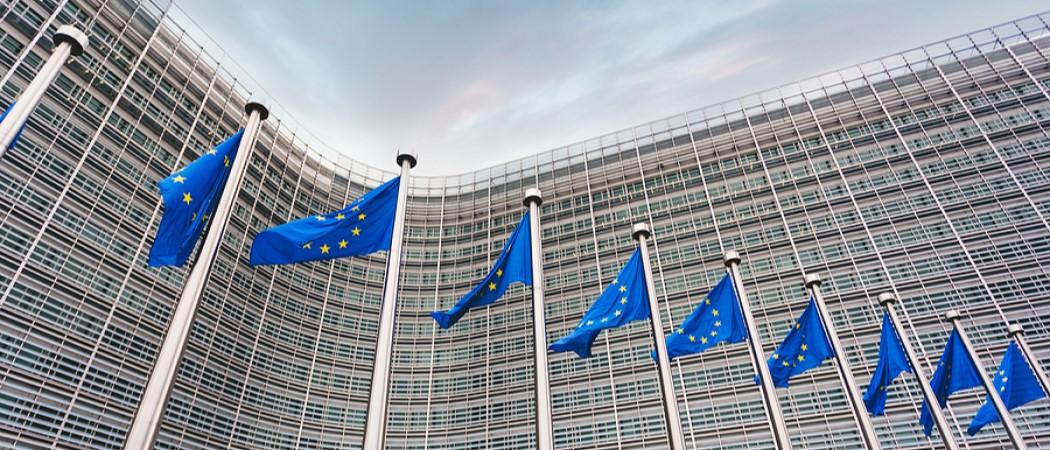EU officials expected to revise proposal to bar the three non-EU countries from quantum and space R&D, after call for full participation gains wide support. Excluding them would ‘only impact negatively on ourselves in the most unaffordable manner’

Germany this week successfully rallied member states to get behind its push for the full participation of Switzerland, Israel and the UK in EU-organised quantum and space research projects.
The place of the three countries in multi-billion euro projects under the bloc’s Horizon Europe science scheme has been in doubt for weeks, with key European Commission officials pushing the case for closing off access to research considered of strategic interest.
However, in a declaration circulated to EU states Monday, which sources say gained wide backing from member state representatives during a meeting the following day, the German government calls the three affected countries “important partners [that] should be allowed to continue to participate.”
In response to the member state fightback, Commission officials are now promising to come back with a proposal that removes the vast majority of exclusions, sources said. A new work programme, setting out terms of access for quantum and space projects, is expected to circulate next week.
The German statement follows a period of building unease on the subject of exclusions, culminating Friday in a statement from German, French and UK university groups urging the Commission to lift its threat to bar the EU neighbours.
The Commission’s proposal, which first appeared last month, was to exclude Israel and the UK from almost all EU quantum research projects, while excluding Switzerland, Israel and the UK from almost all space research calls.
The German declaration said that a legal mechanism added to the Horizon Europe regulation last year, which would allow the Commission to bar countries from certain projects, “should only be applied in very exceptional and duly justified cases”.
“As the Commission has not provided sufficient or convincing justification for this exclusion we do not see any other possibility than to reject this part of the work programme,” the German document reads.
The German government was the first to come out publicly against the Commission proposal, which stems from a broader push in Brussels to achieve “strategic autonomy” for the bloc – in other words, to boost the ability to defend Europe and act militarily without so much reliance on others.
To this end, quantum applications are viewed in Brussels as huge economic and military opportunities but also as significant threats, not least to critical EU assets like the Galileo and Copernicus satellite systems which may one day have to stand up to quantum-based attacks.
Key Commission officials believe exclusion of the three countries, which are expected to be formally involved as fee-paying associate members of the seven-year Horizon Europe, is necessary so the EU can protect its research base in rapidly developing quantum and space fields.
How Commission officials will balance these feelings against the strong negative reaction to exclusions remains to be seen.
One EU diplomat said it appears there is still disagreement within the Berlaymont over how to thread the needle between the competing perspectives. There will be a further meeting – possibly next week – to discuss any Commission revisions.
Proposals ‘too drastic’
The German declaration called for “less drastic ways” to prevent the unlawful transfer of knowledge from to non-EU countries – a key concern in Brussels. “In particular, we see substantial potential to better protect our strategic interests at the level of association agreements and/or grant agreements,” the document reads.
Crucially, the declaration says, excluding these countries “would not only impact negatively on ourselves in the most unaffordable manner, it could redirect their much desired resources that we ought to benefit from, towards co-operation with other countries outside the European Union.”
“The current provisions would result in mistrust among the scientific community and minimise the added value of Horizon Europe for the EU significantly,” the document adds.





 A unique international forum for public research organisations and companies to connect their external engagement with strategic interests around their R&D system.
A unique international forum for public research organisations and companies to connect their external engagement with strategic interests around their R&D system.